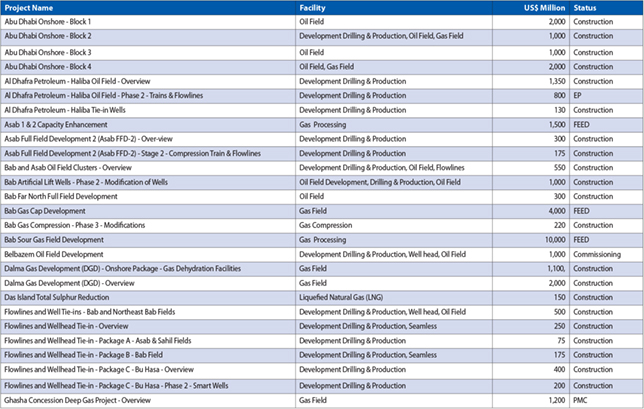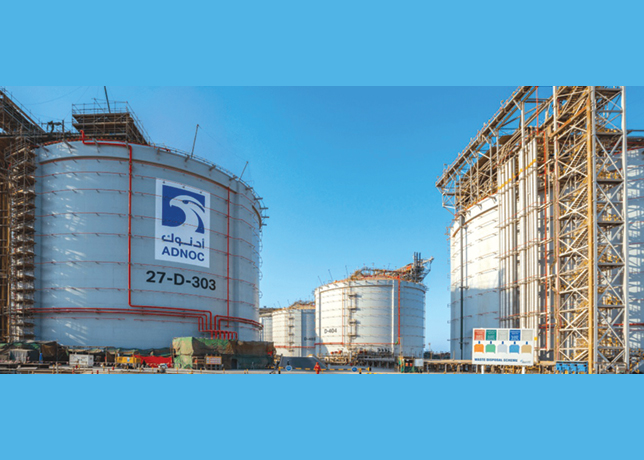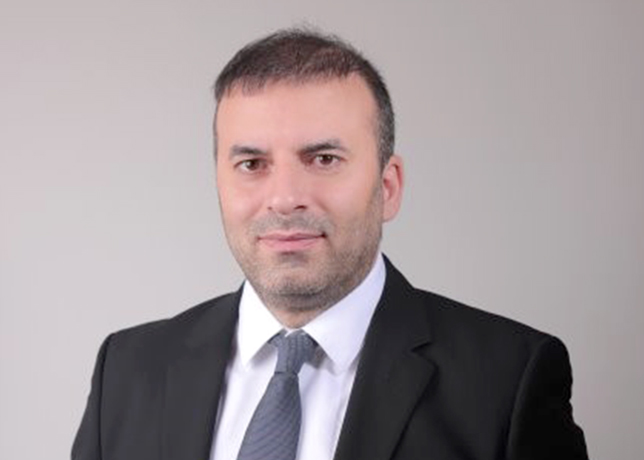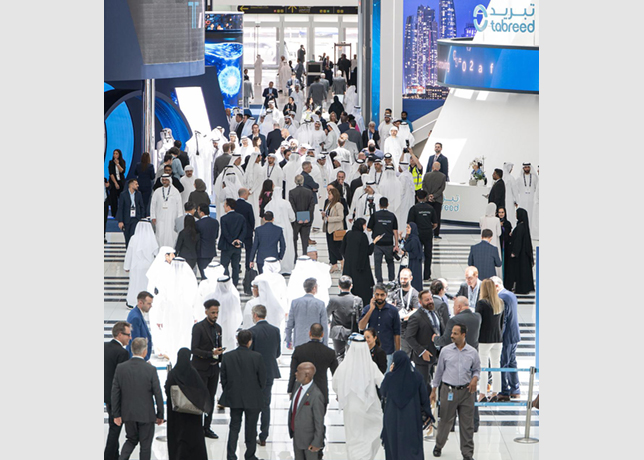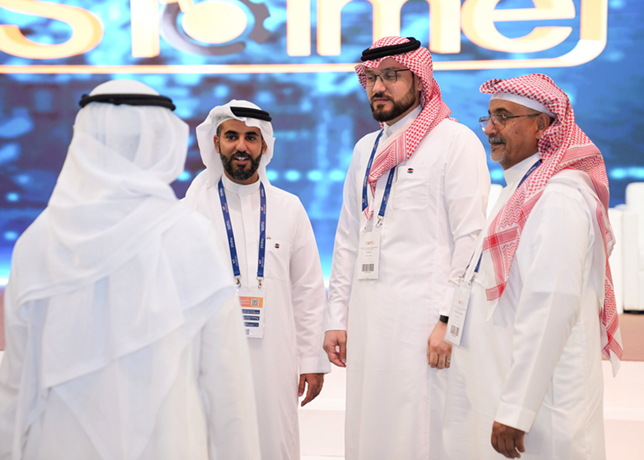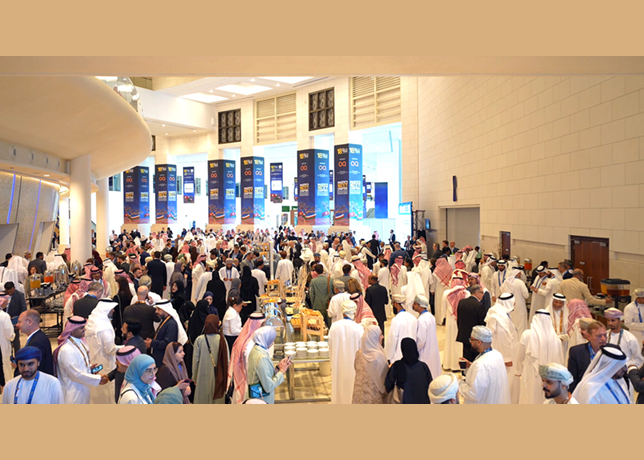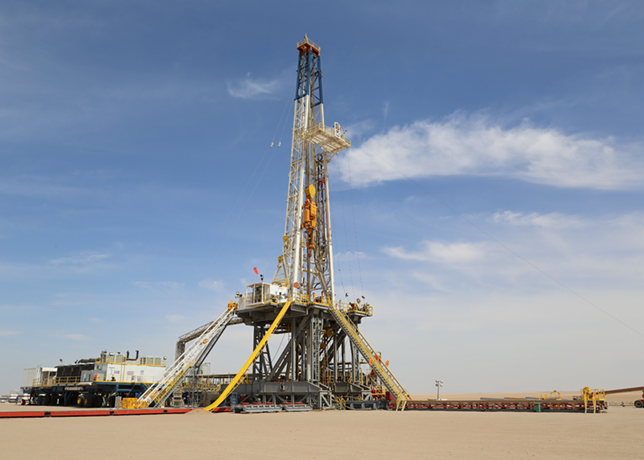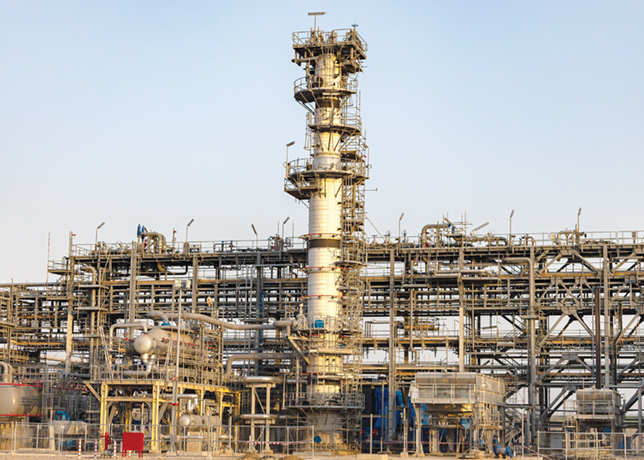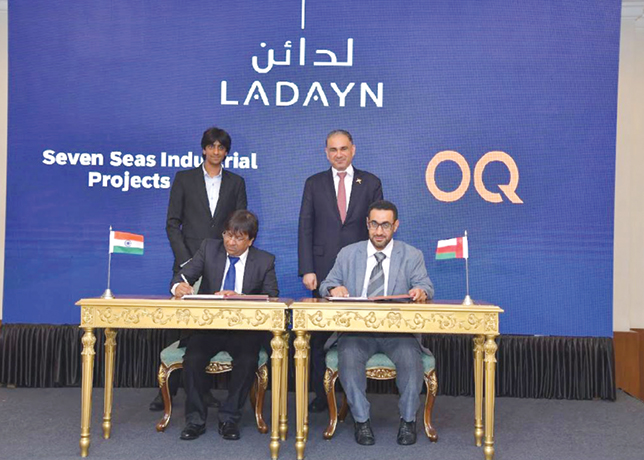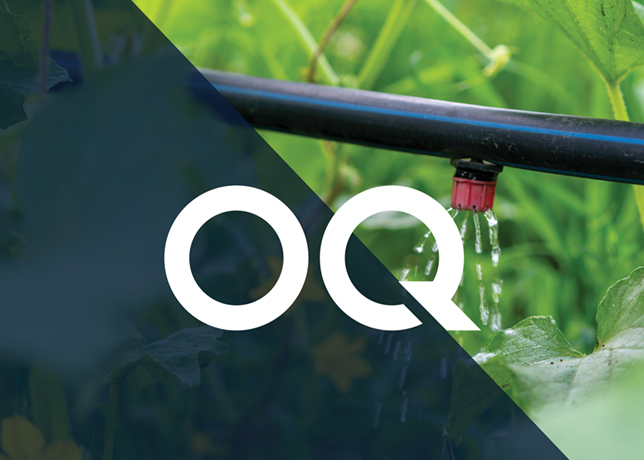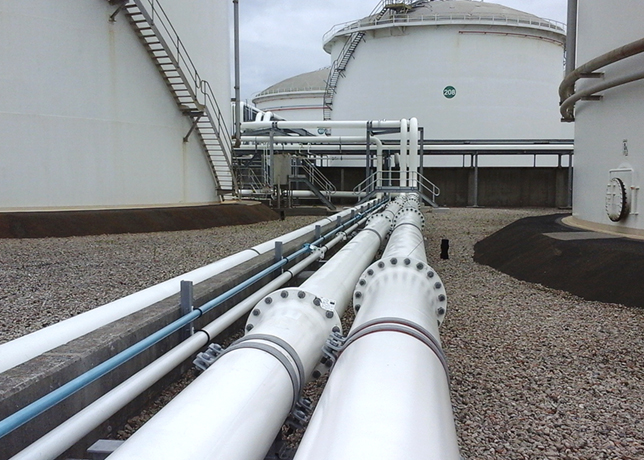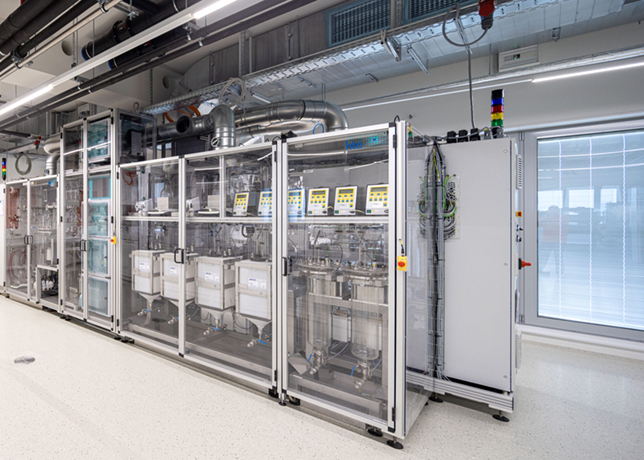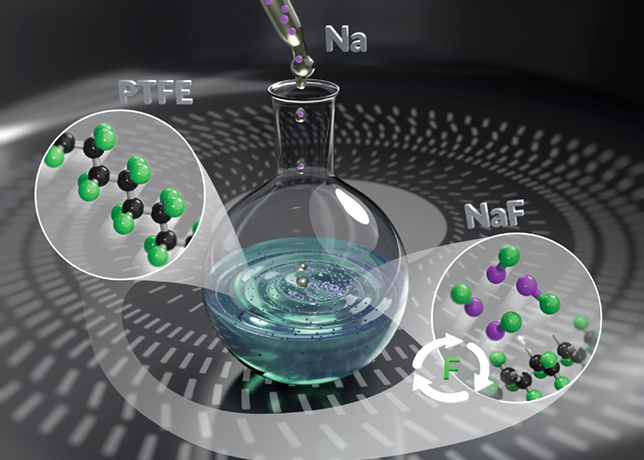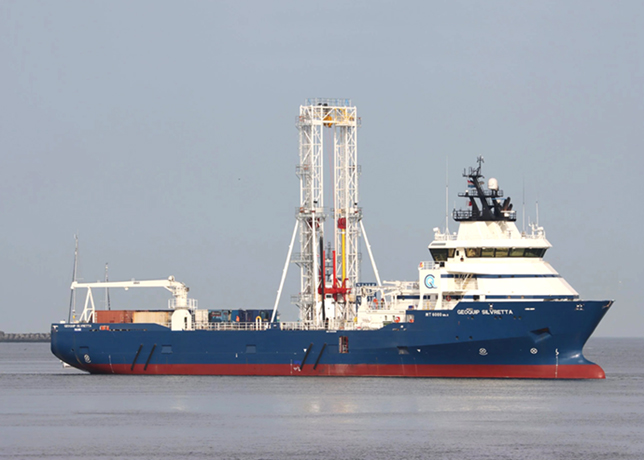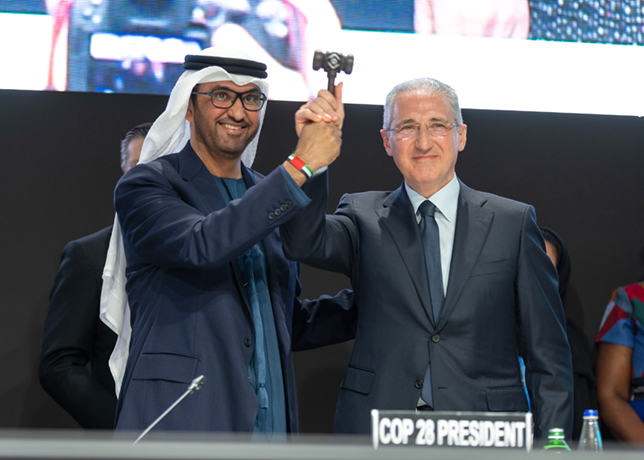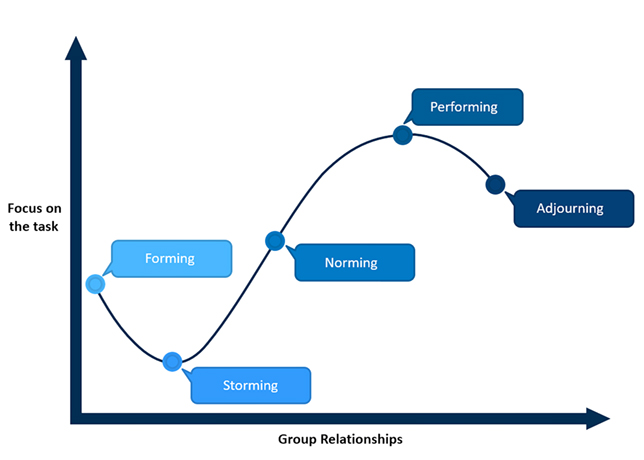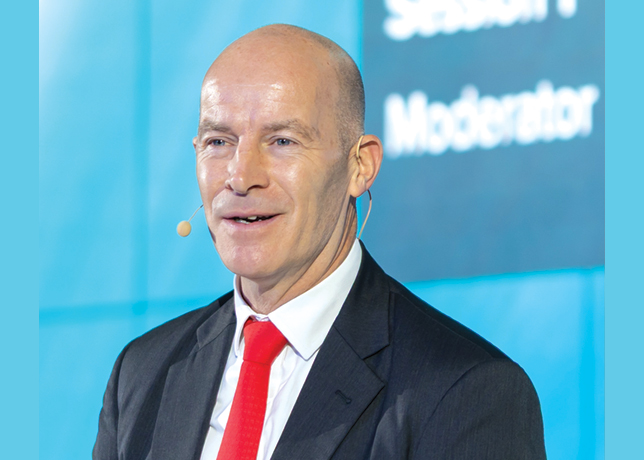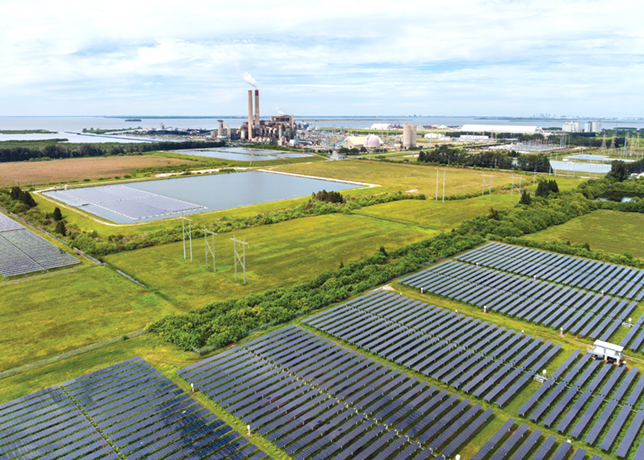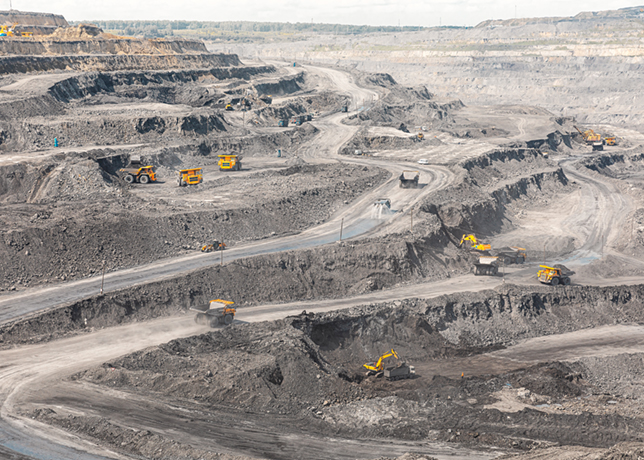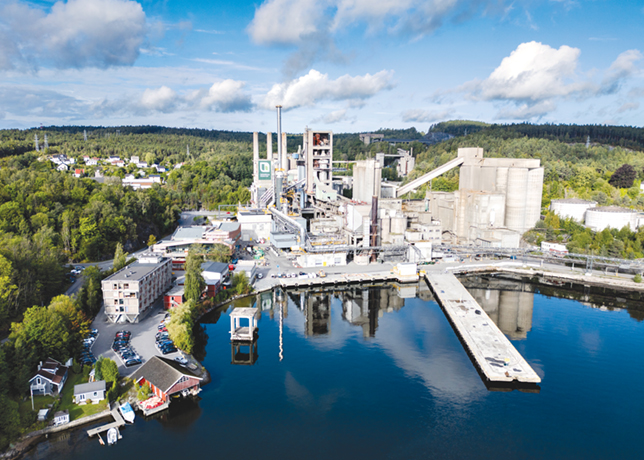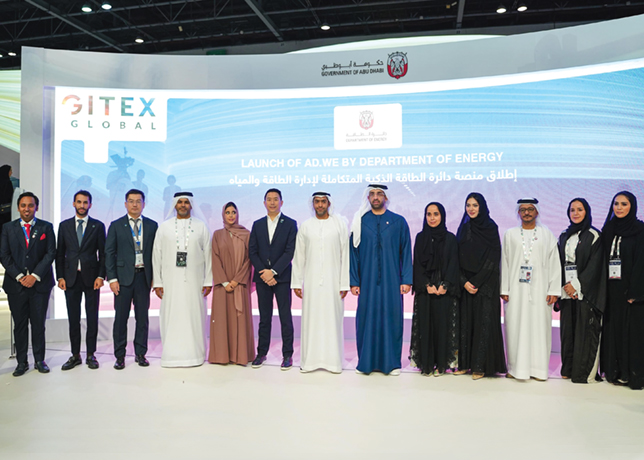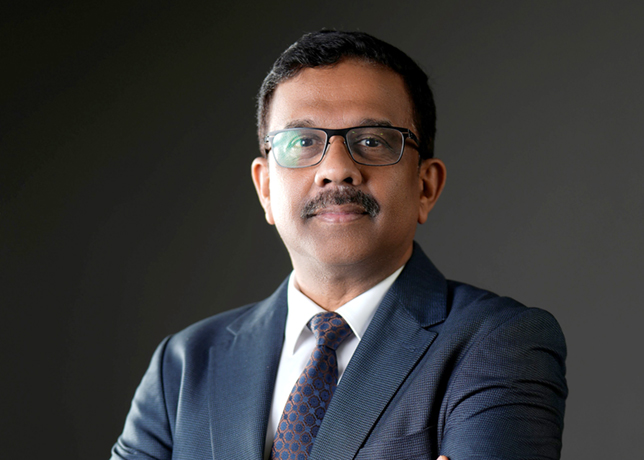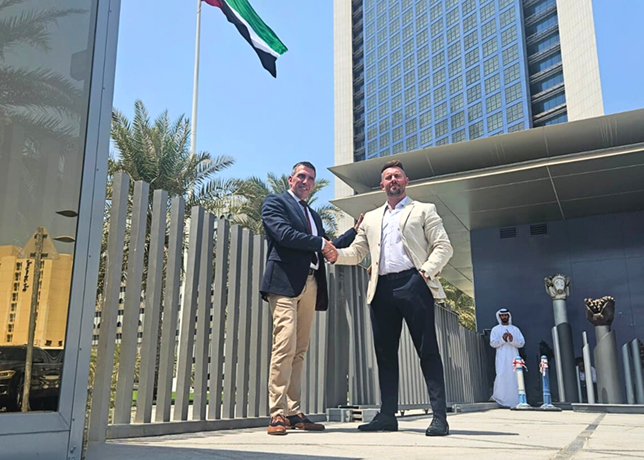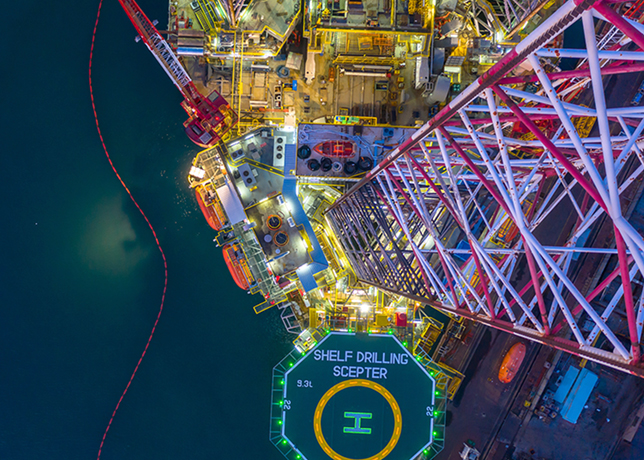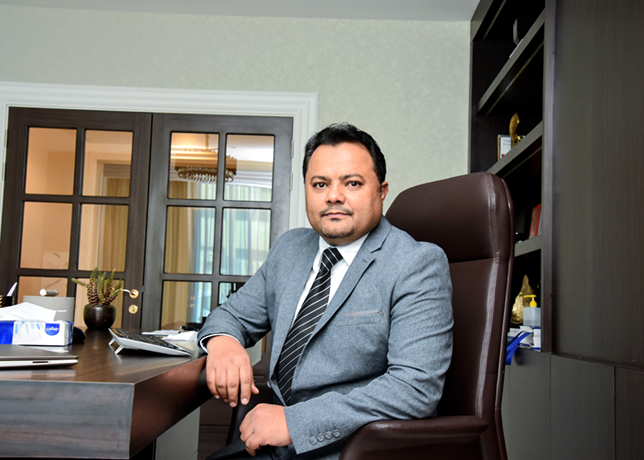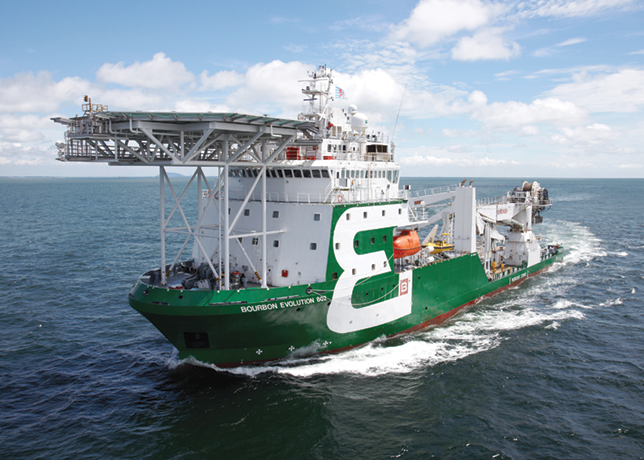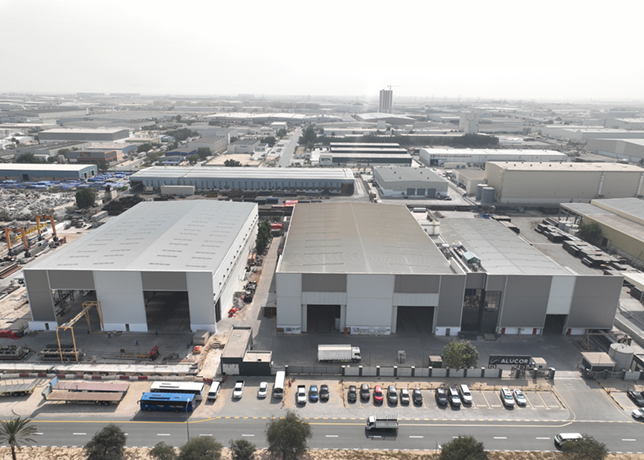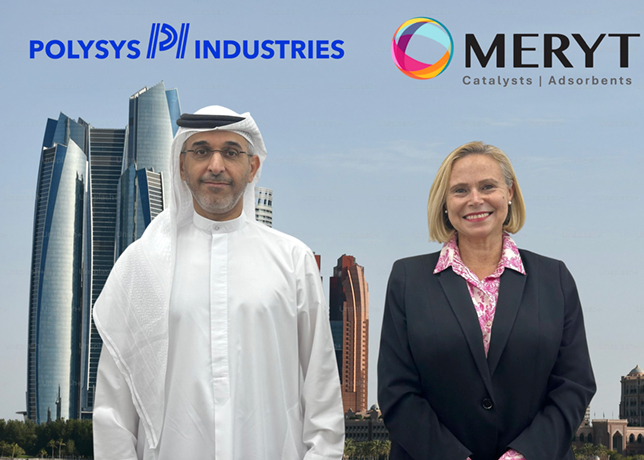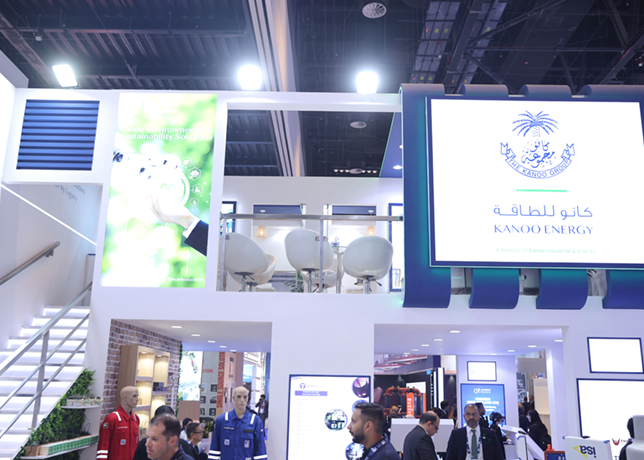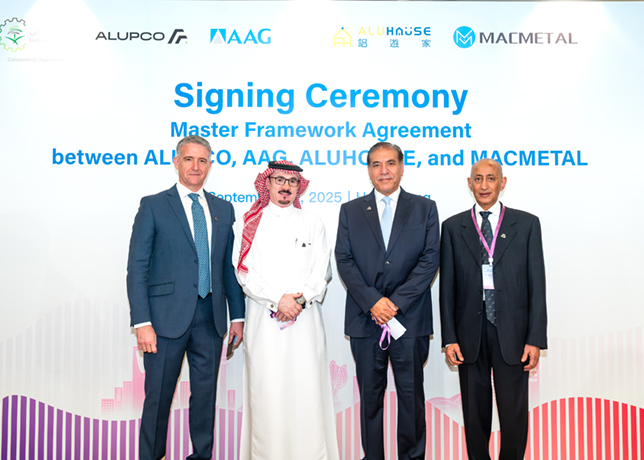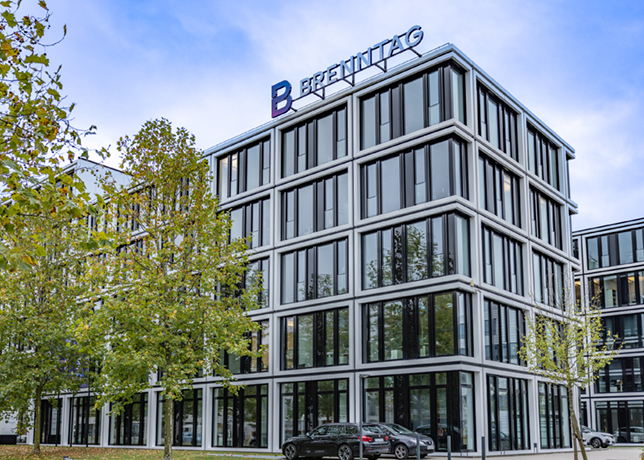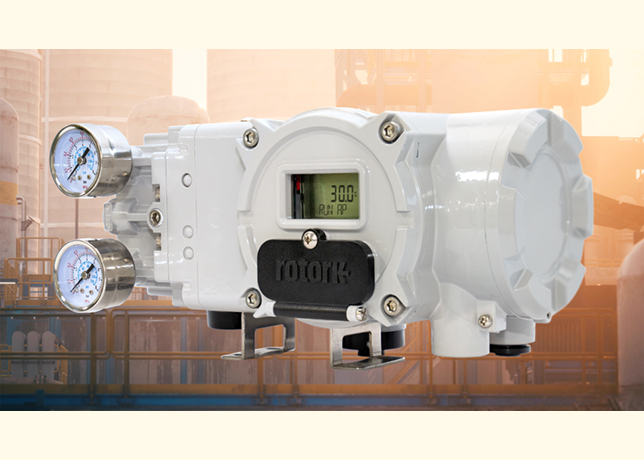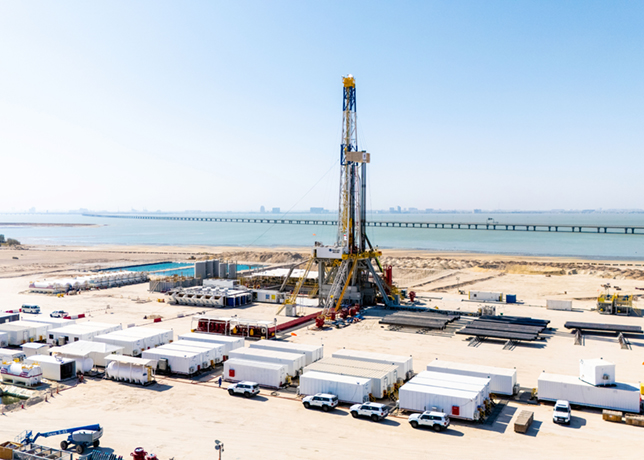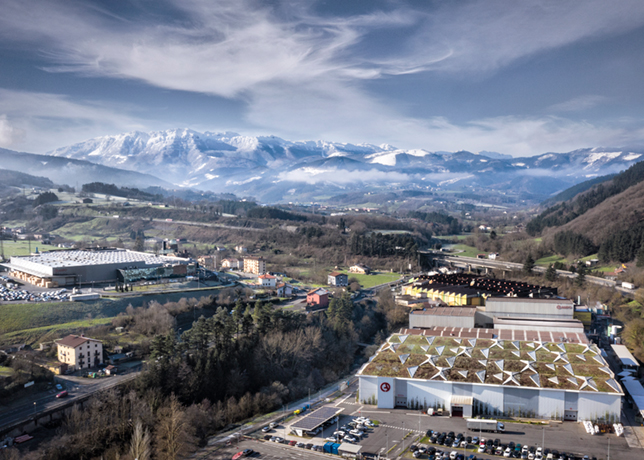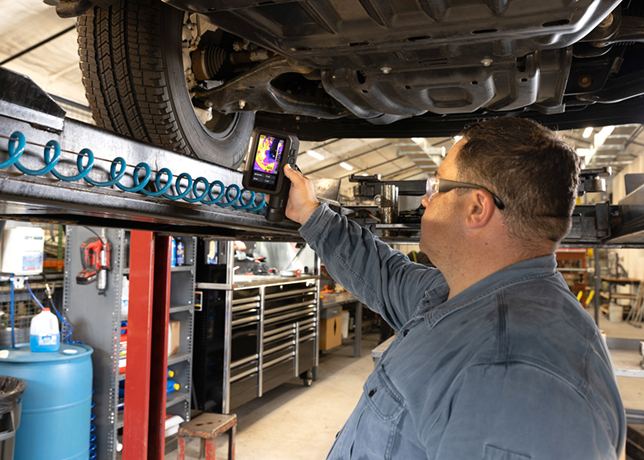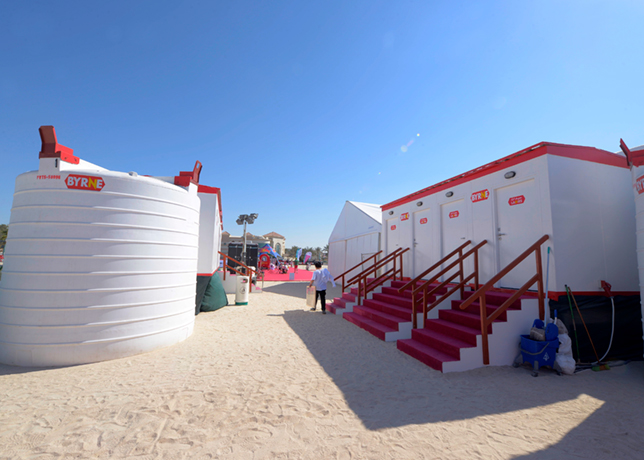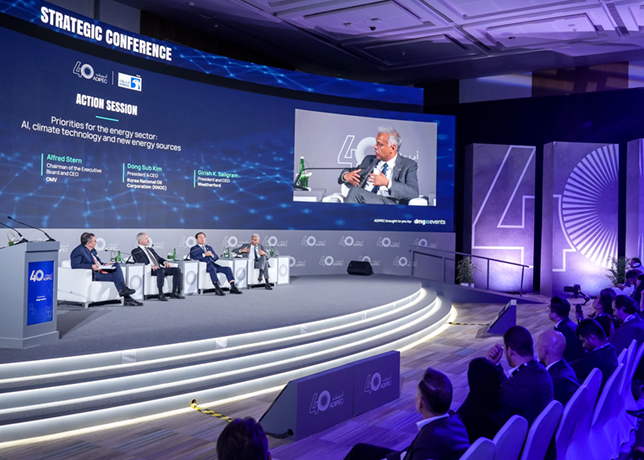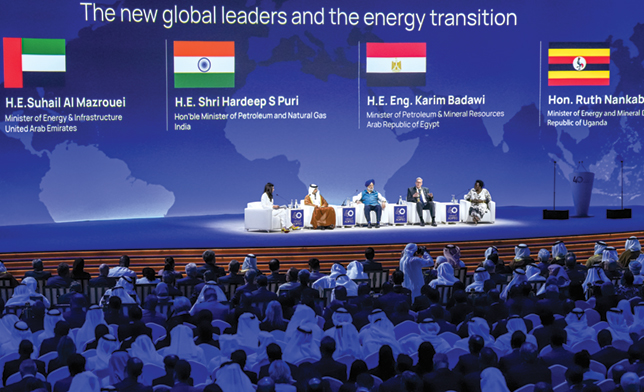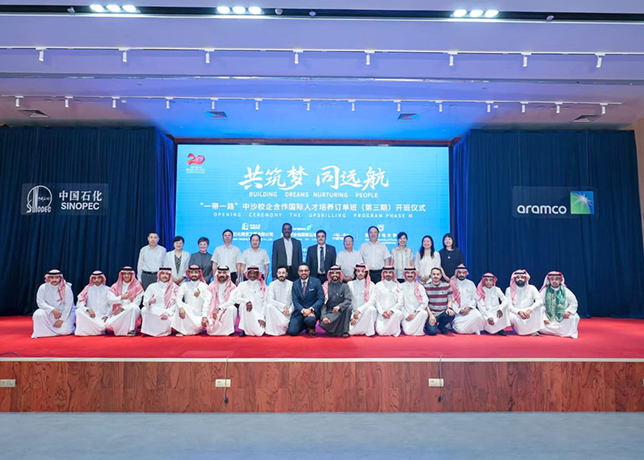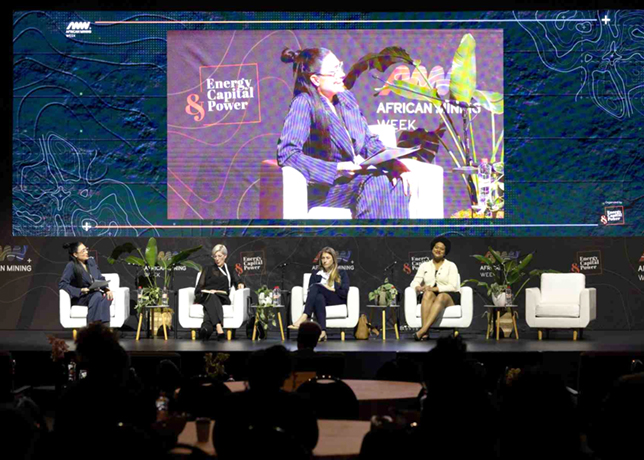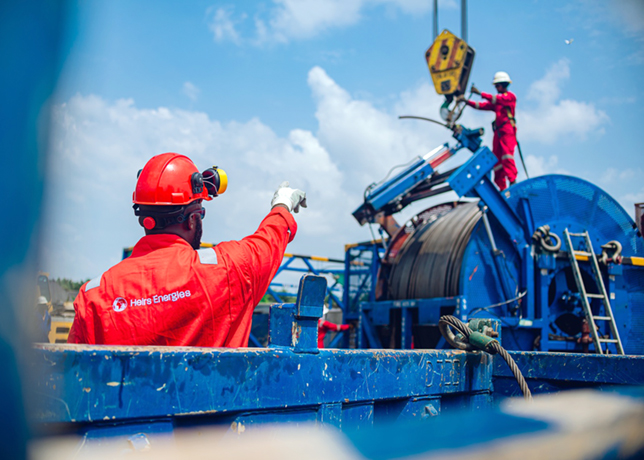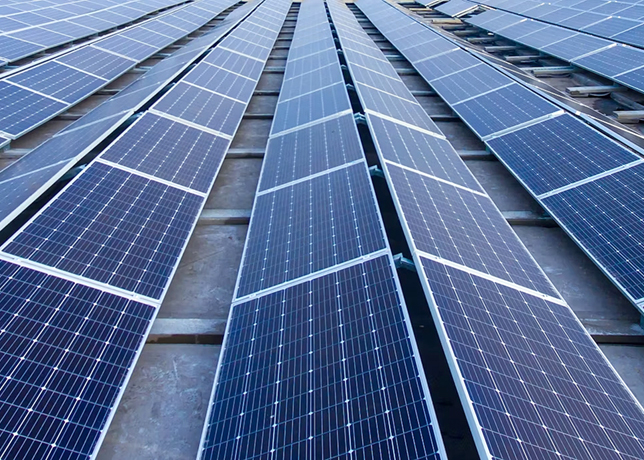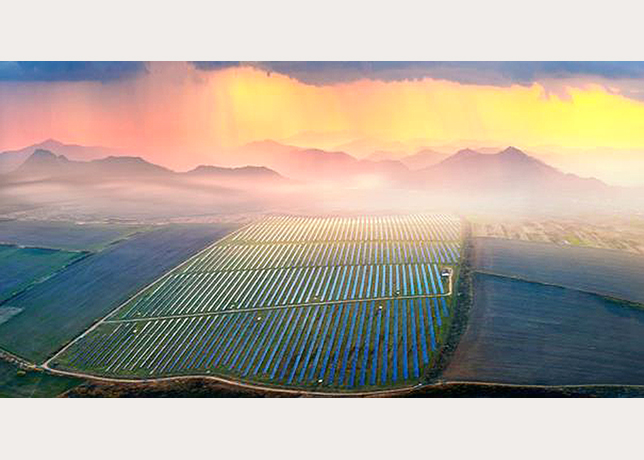
Schneider Electric, a global energy technology leader, has unveiled new research revealing that nearly 80 per cent of Middle East energy sector leaders report advanced operational readiness, highlighting the region’s strong ambition toward autonomous operations.
The Middle East findings of Schneider Electric’s Autonomous Maturity research indicates a shift in autonomous readiness within the region’s energy sector, with many organisations claiming to operate at Level 4 of the ARC Autonomous Operations Maturity Model.
This level reflects selective autonomy, systems functioning independently in specific scenarios with limited human intervention.
This regional advancement stands in contrast to the global energy
sector, which typically operates at Levels 1 or 2 - characterised by connected
systems and visible data, yet still reliant on
manual decision-making.
Momentum toward full
autonomy in the Middle East is accelerating, with nearly half of energy organisations
aiming to reach Level 5 autonomy within the next five years. In the UAE, this
figure rises to 58 per cent - the highest in the region.
Cost efficiency
emerged as the top driver for autonomy adoption, with nearly half of
respondents expecting operating costs to rise without it. Safety and leadership
prioritisation ranked lowest, indicating a shift toward business-led innovation
rather than compliance-driven transformation.
Top anticipated
benefits include:
- Improved
financial performance
- Enhanced
competitiveness
- Smarter,
data-driven operations
“Autonomous operations are increasingly seen as
a strategic enabler across industries, driving gains in efficiency,
scalability, and resilience,” said Devan Pillay, President Heavy Industries at
Schneider Electric. “In the energy sector, where safety, reliability, and
sustainability are critical, autonomous systems can monitor and respond in real
time, reduce manual intervention in hazardous environments, and support
smarter, data-driven decision-making. Crucially, they also support both onshore
and remote operations, reducing offsite travel and improving work-life balance.”
Gaurav Sharma,Independent Energy Market Analyst, who provided insights to the research, commented: “As global energy systems evolve, autonomy is key to optimising resources, minimising downtime, and advancing environmental goals. Schneider Electric's research reinforces that organisations and regions embracing higher autonomy levels are better positioned to innovate, cut costs, and stay competitive. Crucially, the report signals a strategic shift: autonomous solutions that boost efficiency and reduce emissions are now a priority for one of the world's most prominent energy hubs.”
Technology is central to this transformation, with
energy leaders identifying advanced process control, robotics, and digital
twins as the most critical enablers. Digital twins, in particular, are transformative
in offering real-time simulation and seamless integration across oil, gas, and
LNG infrastructure, critical as the region positions itself as a global LNG
hub.
Powered by automation, software and AI, these technologies are not only optimising performance but also scaling autonomy across complex environments.
Underpinning this shift is open, software-defined automation, which decouples control logic from hardware to software and enables operations to move from Level 3, where systems begin to self-optimise, to Level 4, where autonomy is embedded across assets with minimal human input.
At this
stage, systems can not only be monitored and reconfigured remotely but also
begin to exhibit self-healing capabilities, identifying and correcting faults
without human intervention, driving safer, more resilient operations.
The optimistic outlook outlined in Schneider Electric’s survey aligns with a recent report which found UAE executives among the most confident in AI’s potential, with 72 per cent expressing optimism and over a quarter of the workforce already trained in GenAI tools.
BCG’s AI Maturity Matrix further positions Saudi Arabia and the
UAE as “rising contenders”, regions with strong readiness and low exposure to
deployment risks, reinforcing the Middle East’s growing leadership in the
global autonomy landscape.
As a proof point of this momentum, Schneider Electric has partnered with Adnoc Refining to pilot AI-driven autonomous operations at its plant in Abu Dhabi.
Harnessing Schneider Electric’s EcoStruxure platform, it enables plant systems to operate with minimal human intervention.
By applying AI and advanced machine learning, the solution continuously monitors, controls, and optimises processes, supporting operators with intelligent recommendations and evolving through continuous learning.
The pilot
is expected to deliver measurable benefits, including reduced energy
consumption, lower emissions, and enhanced operational efficiency and
performance.
“The convergence of electrification, automation, and digitalisation is accelerating the shift toward autonomous operations across the Middle East and Africa,” said Walid Sheta, Middle East & Africa President at Schneider Electric. “With electricity demand projected to rise by 50 per cent and cooling alone driving over 500 TWh by 2035, according to the IEA, autonomous technologies are no longer optional - they’re essential. From AI-powered data centers to digital twins and self-healing grids, these intelligent systems are enabling safer, more resilient, and cost-efficient operations across the region’s energy infrastructure.” -OGN/TradeArabia News Service



